
Well Woman
Latest News
Latest Videos

Shorts
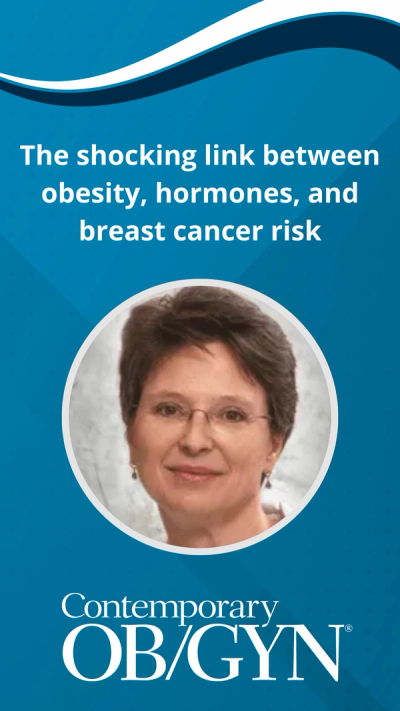
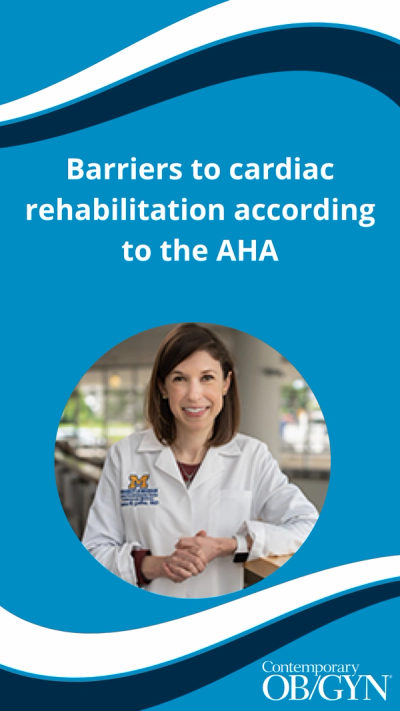



Podcasts
CME Content
More News

Check out the 5 biggest well woman articles of 2025, and review best practices.

A study found that intimate partner violence and sexual violence against children drive substantial global mortality and disability.

A study found widespread nonadherence to cervical cancer screening guidelines, with screening modality linked to overscreening and underscreening.

DARE to PLAY sildenafil cream is now available for prescribing in select states as a non-hormonal topical option to improve genital blood flow and arousal.
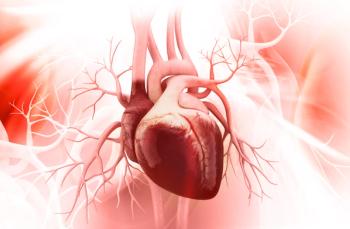
Large US cohort finds women with uterine fibroids had more than 80% higher 10-year cardiovascular disease risk than women without fibroids.

ACS updates cervical cancer screening guidance, adding HPV self-collection and clarifying criteria for safely discontinuing screening at older ages.

A study found non-Hispanic Black women face higher odds of hypertension and metabolic risk, while obesity raises cardiovascular risk in women with PCOS.

New data show that any hypertensive disorder of pregnancy significantly increases a mother’s risk cardiovascular events.

Review some of the top stories from the Contemporary OB/GYN website over the past week and catch up on anything you may have missed.

Evidence shows that women experience lower referral, enrollment, and completion rates in cardiac rehabilitation programs vs men.

Review some of the top stories from the Contemporary OB/GYN website over the past week and catch up on anything you may have missed.

Elisabet Stener-Victorin, PhD, explains how identifying distinct PCOS phenotypes can help clinicians tailor treatments to each patient’s needs.

A study found that 5 major adverse pregnancy outcomes were linked to increased long-term atrial fibrillation risk.
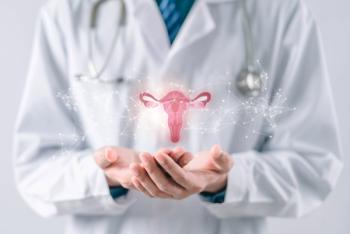
Researchers found that raising screening rates in federally qualified health centers to national goals could prevent thousands of cancers.

A study found that taking as few as 4000 steps per day on just 1 to 2 days each week significantly reduces mortality in women aged 62 years and older.

A study found that while women show faster reaction times during ovulation, regular physical activity has a greater impact on enhancing cognitive function.

Women undergoing mastectomy face greater risks of emotional distress, physical symptoms, and reduced quality of life compared with breast-conserving procedures.

Review some of the top stories from the Contemporary OB/GYN website over the past week and catch up on anything you may have missed.
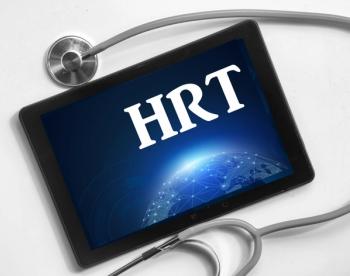
A panel issued new consensus statements on hormone therapy for breast cancer survivors, highlighting when estrogen may be considered.

Review some of the top stories from the Contemporary OB/GYN website over the past week and catch up on anything you may have missed.

A large study shows that an AI algorithm analyzing routine mammograms can match leading cardiovascular risk models.

A trial found that avoiding risky ingredients lowered urinary chemical concentrations, indicating a need for stronger labeling.

Review some of the top stories from the Contemporary OB/GYN website over the past week and catch up on anything you may have missed.

New research reveals rising non-adherence to cervical cancer screening and declining HPV vaccine awareness since the pandemic.

A study found that more than half of heart attacks in women aged under 65 years stem from factors beyond clogged arteries.



















